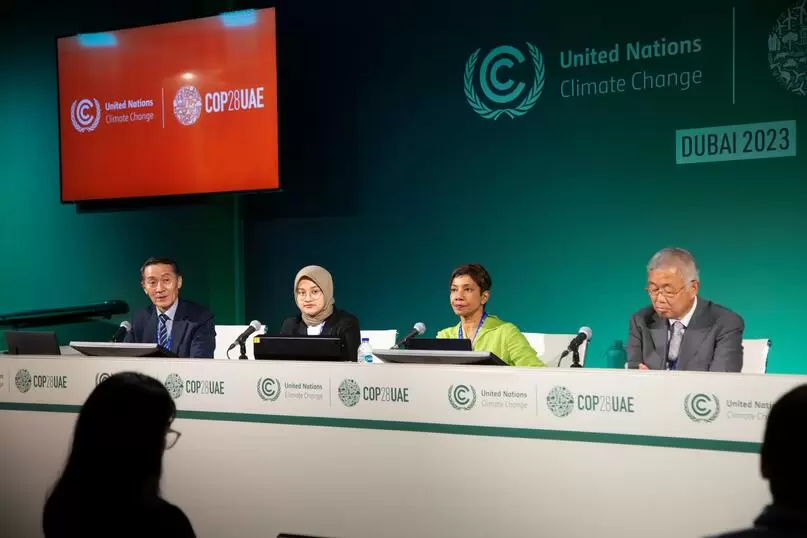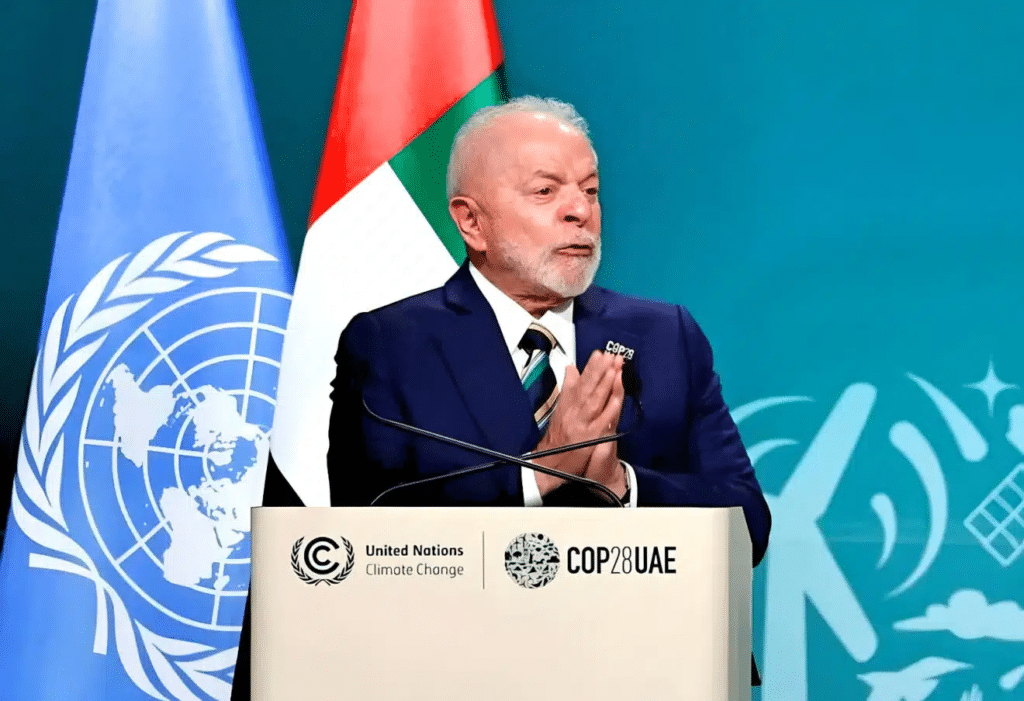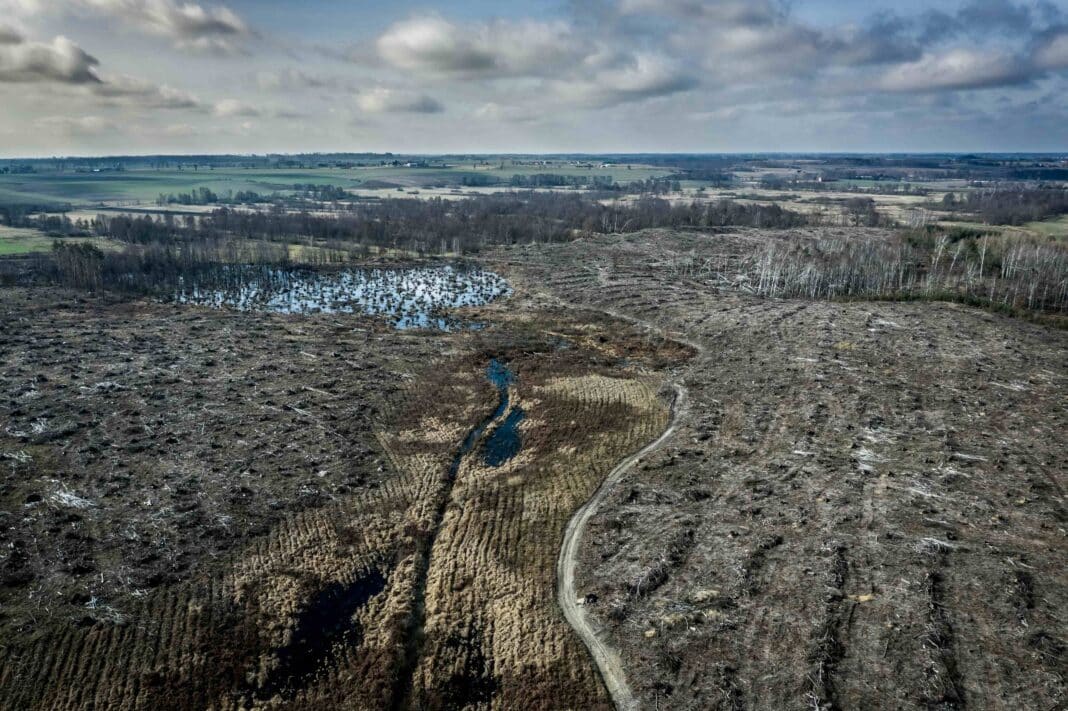Global leaders must ramp up investment in sustainable tropical forest management or risk large-scale deforestation caused by changes in land use.
That is according to the Executive Director of the International Tropical Timber Organisation (ITTO), Sheam Satkuru, who addressed the UN Framework Convention on Climate Change (UNFCCC) at COP28 in Dubai.
The ITTO is an intergovernmental organisation established in 1994 to promote the conservation of tropical forest resources and their sustainable management, use and trade.
In recent years, the World Wildlife Foundation (WWF) has reported that two-thirds of global forest cover loss occurs in the tropical and subtropic regions and includes hot spots—or “deforestation fronts “— in Latin America, sub-Saharan Africa, Southeast Asia, and Oceania.
Deforestation accounts for up to 10% of worldwide greenhouse gas emissions, according to the UN Global Forest Goals report, with a recent report identifying that more than 50% of deforestation occurs in 5% of producing areas – including in the Amazon, Cerrado and Gran Chaco biomes.
According to Ms Satkuru, failure to reward tropical forest countries for sustainable forest management and conservation could have dire consequences for the planet and called for urgent investment.
“The centrality of tropical forests for both mitigation and adaptation cannot be overstated,” according to Ms Satkuru, who said, “If we continue disincentivising forest conservation, we will never succeed in limiting the damage caused by climate change and changing land use.”
Ms Satkuru said sustainably managed tropical forests and wood production are crucial nature-based solutions.
“Timber is one of the most environmentally friendly materials we have.”
“Sustainable harvesting of forests is not deforestation, and the sustainable use of wood products increases global carbon storage.”

Green finance has been a dominant theme at COP28, with Ms Satkuru last week stressing the urgency of investing in sustainable tropical forest management as imperative for the planet’s future and the livelihoods of forest-dependent communities.
“There is so much more that forests can be acknowledged and recognised for in terms of not just socioeconomic and environmental protection, but also [carbon] sequestration and storage rates,” Ms Satkuru told a side event focused on Advancing Sustainable Forest Management: Financing Mechanisms for Carbon and Biodiversity.
“To fight climate change and transform our economies, we need to urgently invest in sustainable tropical forest management.”
“Tropical forests offer a vital pathway to a climate-resilient future,” according to Ms Satkuru, before urging “all stakeholders to work with us to champion sustainable tropical forest management and ramp up investment in them.”

The calls to boost green investment in tropical forests come as Brazil is pushing to create a $250 billion “megafund” and wants to use funds from global governments and the private sector to give to tropical countries meeting minimum thresholds for limiting deforestation.
The fund, which Wood Central reported last week, is now known as the “Tropical Forests Forever” and would see a reduction in funding should deforestation increase.
“It’s a conceptual proposal to create a fund to help conserve tropical forests around the world…in 80 countries,” according to Brazil’s top climate diplomat, Andre Correa do Lago, at COP28.
It coincides with new research, which suggests more than 6.6 million hectares of forest will be lost to deforestation in 2022, an increase of 4% compared to 2021.
According to its most recent assessment, “Off Track and Falling Behind”, it claims the rate of deforestation was “21% higher than needed to eliminate deforestation by 2030.”
For the first time, the report offers a comprehensive blueprint for saving forests, “defining for the first time the pathways to stop destroying forests, to meet global commitments and bring our forests back to life,” according to co-author Mary Gagen from the WWF-UK.
Earlier this year, new research from the University of Maryland reported that an area of tropical forest the size of Switzerland was lost last year as tree losses surged.






